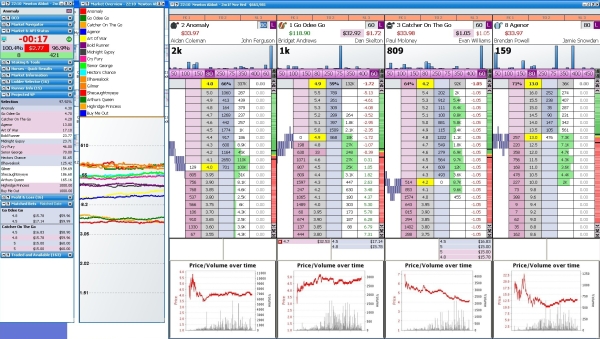FRIDAY, 28 AUGUST 2015
It feels like the days are passing so quickly that I can’t manage to sort out important things in my head.
I am once again grappling with the idea of success … or rather the opposite, failure. I have probably already noted this idea, but this week I thought again that I, Brand Smit, will ultimately succeed or fail as a writer, not as an English teacher or a freelance proof-reader or a sports trader or sports bettor or publisher of books and other information.
What this comes down to in practice is that if I am not writing or engaged in some other task that has to do with writing, I am probably busy doing something with which I haven’t achieved much success by this age of 44 (even as English teacher I would have to wonder how many of my students have significantly improved their English ability because I had come across their paths).
If I am working on a literary project, there is a good chance that I am doing something I will eventually be able to look back on and say: It may never have won a prize, and I never made much money with it, and it hardly made my name familiar to the masses, but I feel good about it. It feels as if I have made a contribution, no matter how modest.
If at this time of my life I were successful in making money with something other than English classes, I would also have felt good about that. It would have made things possible for my partner and I that is not currently possible, and it would have been good to be less worried about the future. But it would also have felt good to know I have achieved a modicum of success in an area where other people could measure my abilities and skills. In other words, other people would have looked at me and they wouldn’t have seen someone trying very hard but not actually achieving much visible, tangible success.
A few days ago I made a note on a piece of paper about identity. Once again I ask: Who am I? Who do I want to be? And then you can go ahead and ask that about any project you take on, every effort you make to earn money or otherwise bring about something positive: Who do I want to be as English teacher? Who do I want to be as sports bettor? Who do I want to be as pre-race trader? Who do I want to be as publisher of books and other information?
How much do other people think about this? Or, how much do other writers and English teachers and sports bettors and pre-race traders think about this? I reckon most do not think about it as much as I do – that is, some people may think more about it, but more people probably spend less time thinking about it.
I think many people decide to do something, and they are pretty much ready to go. Things more or less fall into place, or a critical mass of things fall into place, so they do not have to spend so much time to sit and think about it. It also means they can eliminate options faster. It is almost like having to sit down and fill out a pack of forms: some people look at a question, a second later they check a box, and they are done in ten or fifteen minutes.
I have to think about everything. Nothing is easy to me. If there are two possibilities, I have to think about them. If there are three or four possibilities, I have to spend even more time thinking about it. Success therefore takes significantly longer to achieve for someone like me.
Many other people also fail faster than me. Because I take so long to work through all the options, it takes me two, three, or ten times longer to discover something doesn’t work or that I cannot make something work. And by that time many of the people who had started at the same time as me have already crossed the first mountain range, happily on their way to the Promised Land.
______________________
